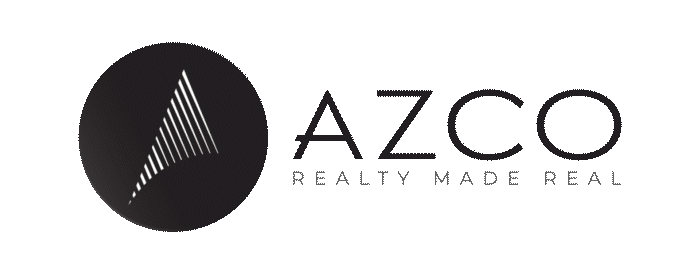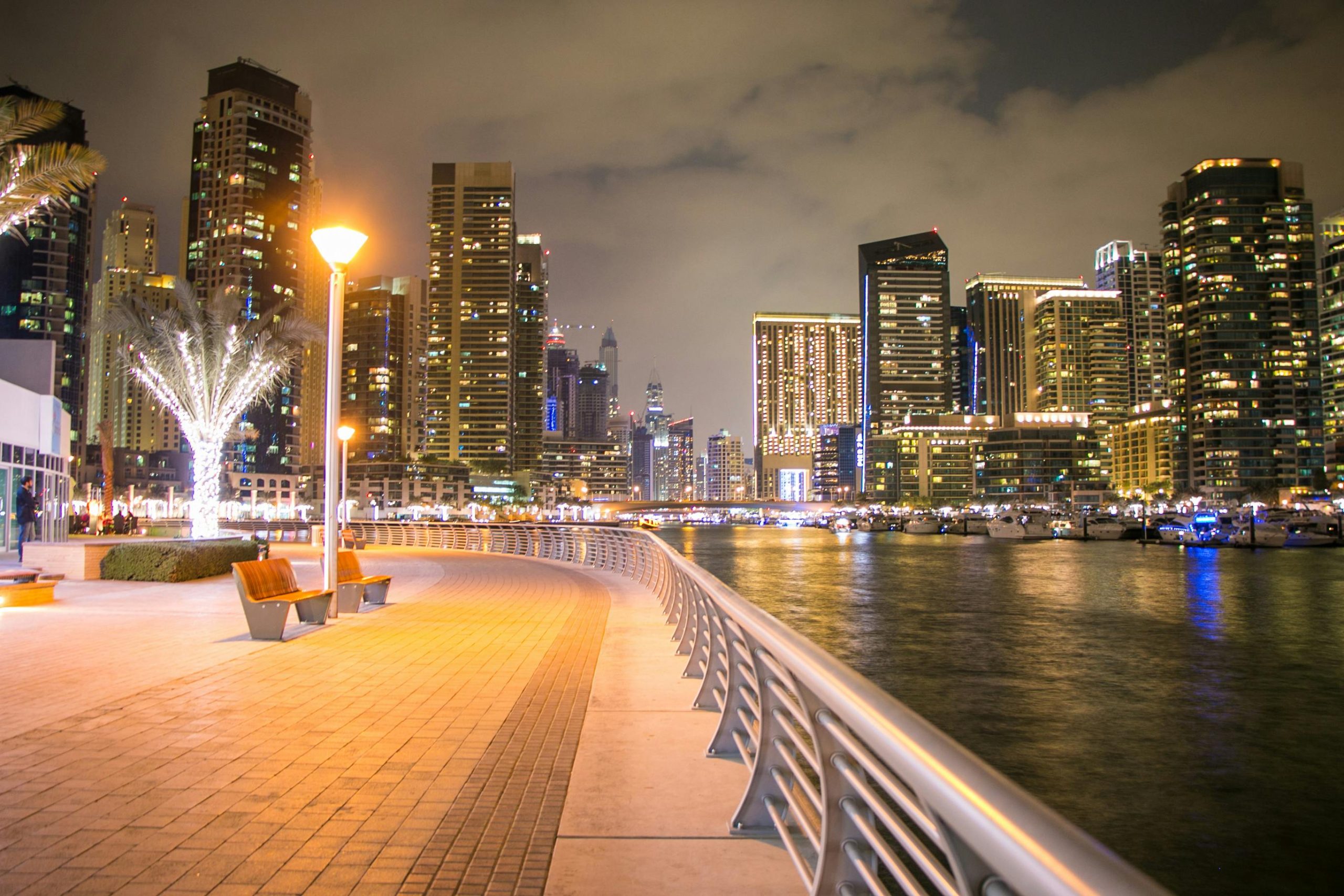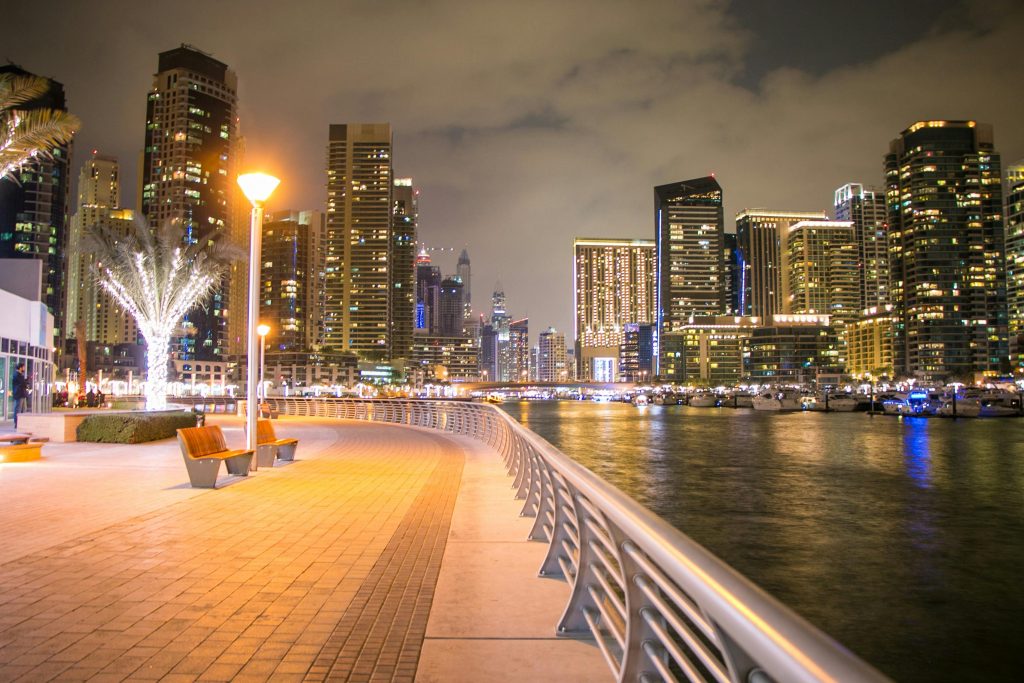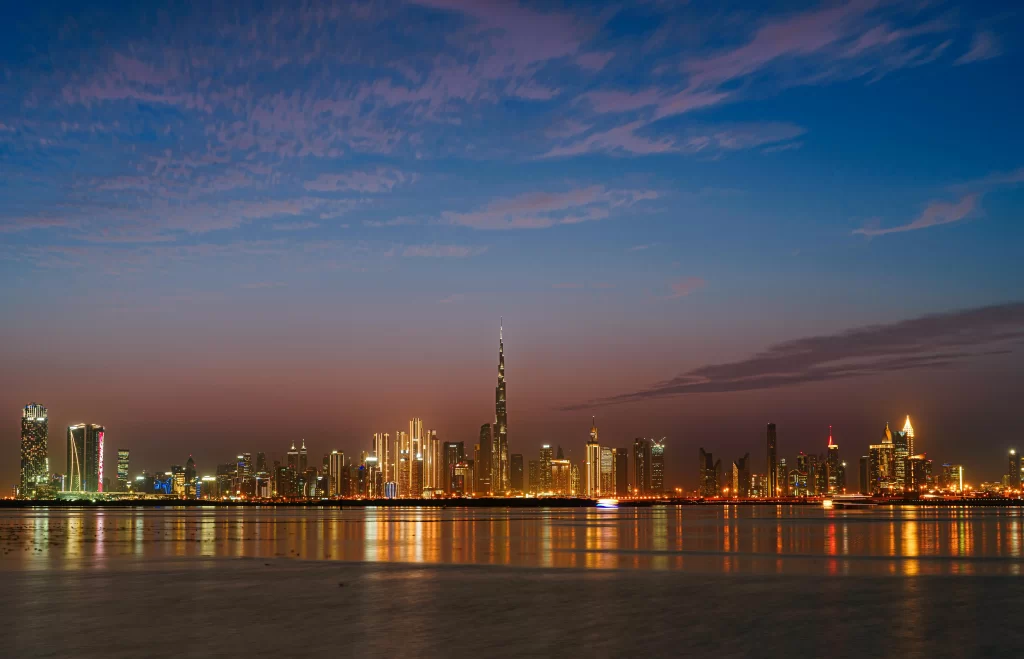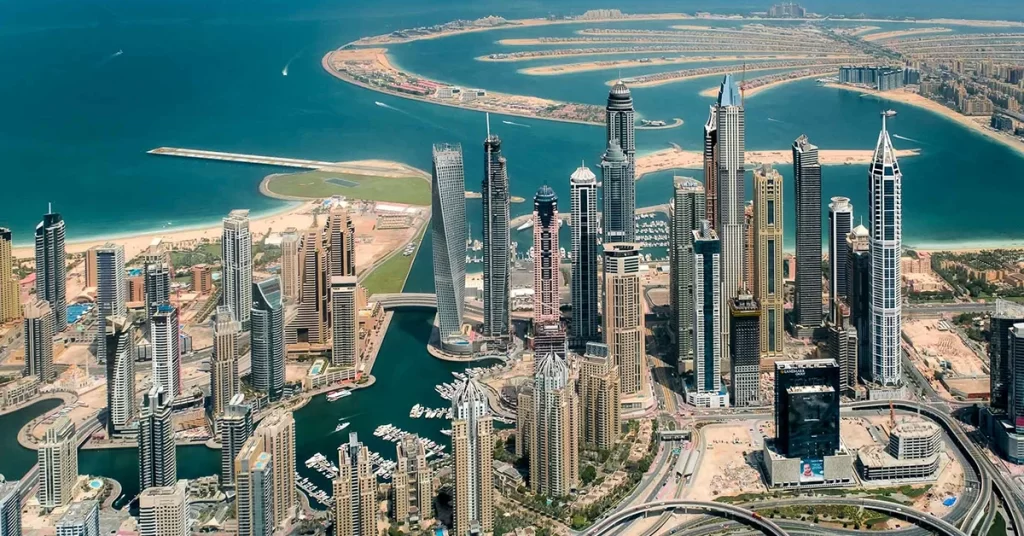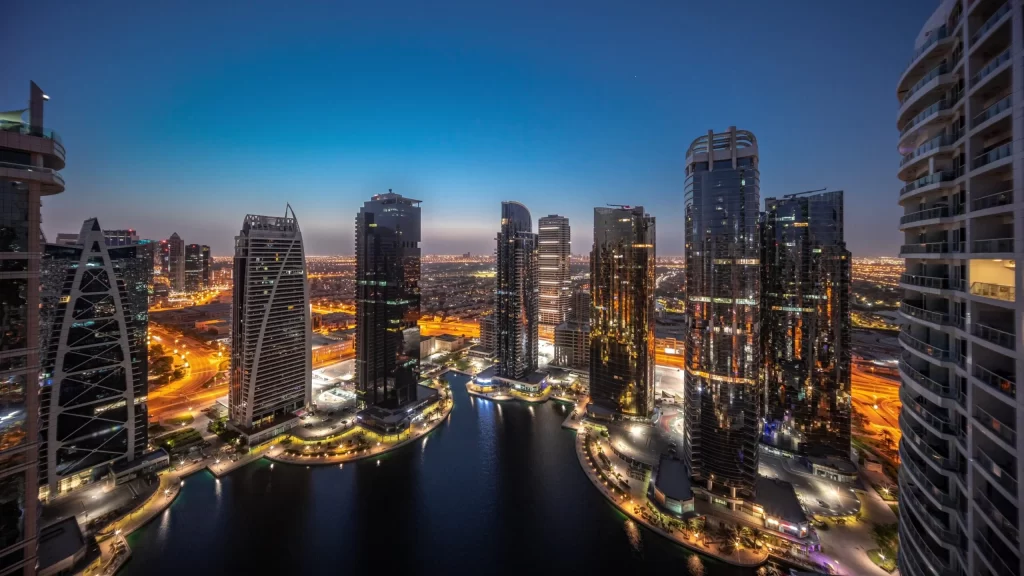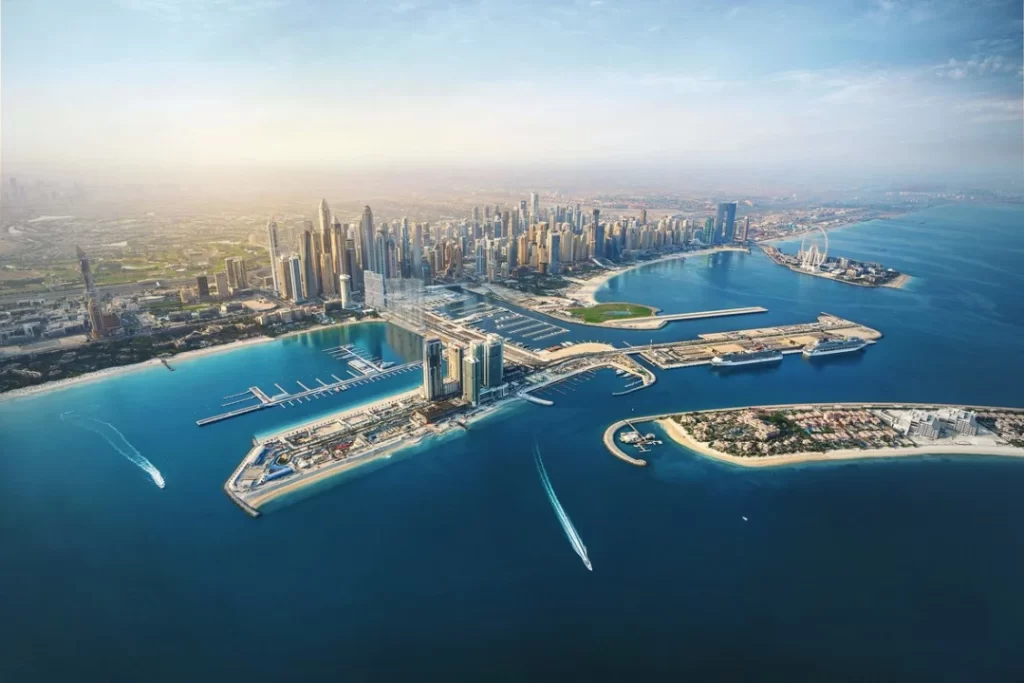The United Arab Emirates has become a popular destination for businesses in recent years. The country offers many incentives for businesses, including tax exemptions and freedom from certain regulations. Additionally, there are several free zones located throughout the UAE which offer even more benefits to business owners. In this blog post, we will discuss the different types of free zones in Dubai and UAE, and how they can benefit your business!
If this is something you are interested in, you are in the right place as AZCO Real Estate shares some valuable information on this topic with you:

What Is a Free Zone?
A free zone is an area within a country that has special economic rules and regulations. Free zones are often located near ports or airports, and they offer businesses a number of benefits, such as:
- Freedom from certain taxes
- Exemption from import and export duties
- Easier access to raw materials
- reduced red tape and bureaucracy
Types of Free Zones in Dubai and UAE
Each type of free zone offers different benefits, so it is important to choose the one that best suits your business needs.
There are three main types of free zones in Dubai and UAE:
- Offshore free zones:
These free zones are located outside of the UAE, but still within the Arabian Gulf region. Businesses in offshore free zones benefit from 100% foreign ownership, 0% corporate tax, and no personal income tax. Additionally, businesses in offshore free zones can issue their own visas and have full control over their operations.
- Onshore free zones:
These free zones are located within the UAE, but they offer different benefits than those located offshore. Businesses in onshore free zones can be 100% foreign owned, but they will be subject to a corporate tax of between 0-20%. Additionally, businesses in onshore free zones can issue their own visas, but they may be subject to certain restrictions.
- Mainland free zones:
These free zones are located within the UAE, but they offer different benefits than those located offshore or onshore. Businesses in mainland free zones can be 100% foreign owned, but they will be subject to a corporate tax of between 0-20%. Additionally, businesses in mainland free zones cannot issue their own visas, but they may have other benefits such as lower rental rates.
Benefits of Setting Up a Business in a Free Zone
There are many benefits of setting up a business in a free zone, including:
- Lower taxes: businesses in free zones often benefit from lower taxes, or even tax exemptions.
- Easier access to raw materials: businesses in free zones often have easier access to raw materials, which can help reduce costs.
- Reduced red tape and bureaucracy: free zones often have less red tape and bureaucracy than other areas of the country, which can make it easier to set up and run a business.
- Access to international markets: businesses in free zones have access to international markets, which can help them expand their customer base.
How Much Will It Cost to Set up a Business in a Free Zone?
The cost of setting up a business in a free zone will vary depending on the type of free zone you choose and the size of your business. However, it is important to note that businesses in free zones often benefit from lower costs, such as lower taxes and easier access to raw materials.
When choosing a free zone for your business, it is important to consider the benefits and costs that each one offers. The type of free zone you choose should be based on your business needs and goals. If you are looking for an offshore tax haven, then an offshore free zone might be the best option for you. However, if you are looking for a place to expand your customer base, then an onshore or mainland free zone might be a better option.
That said, here are the four main expenses related to setting up a Free Zone Business:
- Business setup costs:
These are the fees associated with setting up your company in the free zone. These costs can vary depending on the type of free zone you choose, but they typically range from AED 20,000-50,000.
- Visa costs:
If you want to issue visas for your employees or customers, then you will need to pay visa fees. These fees can also vary depending on the type of free zone you choose, but they typically range from AED 500-5000 per visa.
- Licensing and registration fees:
All businesses in free zones must be licensed and registered. These fees can also vary depending on the type of free zone you choose, but they typically range from AED 1000-5000.
- Office rental costs:
you will also need to pay rent for your office space in the free zone. These rates can vary depending on the type of free zone you choose, but they typically range from AED 2000-5000 per month.
As you can see, there are a number of different costs associated with setting up a business in a free zone. However, it is important to remember that businesses in free zones often benefit from lower taxes and easier access to raw materials. Additionally, businesses in free zones have access to international markets, which can help them expand their customer base.
Free Zones by Industry Specialization
Depending on your business, there are a number of different free zones that are specialized for specific industries. These free zones often have special benefits and incentives that are designed to attract businesses in that industry. For example, the Dubai Media City free zone offers special benefits for businesses in the media and advertising industry. Additionally, the Jebel Ali Free Zone offers special benefits for businesses in the logistics and manufacturing industry.
Some of the most popular free zones in Dubai include:
- Dubai Airport Free Zone
- Dubai Media City
- Dubai Internet City
- Jebel Ali Free Zone
- Dubai Healthcare City
Each of these free zones has its own benefits and costs associated with setting up a business. It is important to choose a free zone that is specialized for your industry in order to take advantage of the benefits and incentives that are offered.
Conclusion
To conclude, businesses in free zones often benefit from lower costs, such as lower taxes and easier access to raw materials. Additionally, businesses in free zones have access to international markets, which can help them expand their customer base. When choosing a free zone for your business, it is important to consider the benefits and costs that each one offers. The type of free zone you choose should be based on your business needs and goals. If you are looking for an offshore tax haven, then an offshore free zone might be the best option for you. However, if you are looking for a place to expand your customer base, then an onshore or mainland free zone might be a better option.
Do you have any questions about setting up a business in a free zone? Leave a comment below and we will be happy to answer them!
